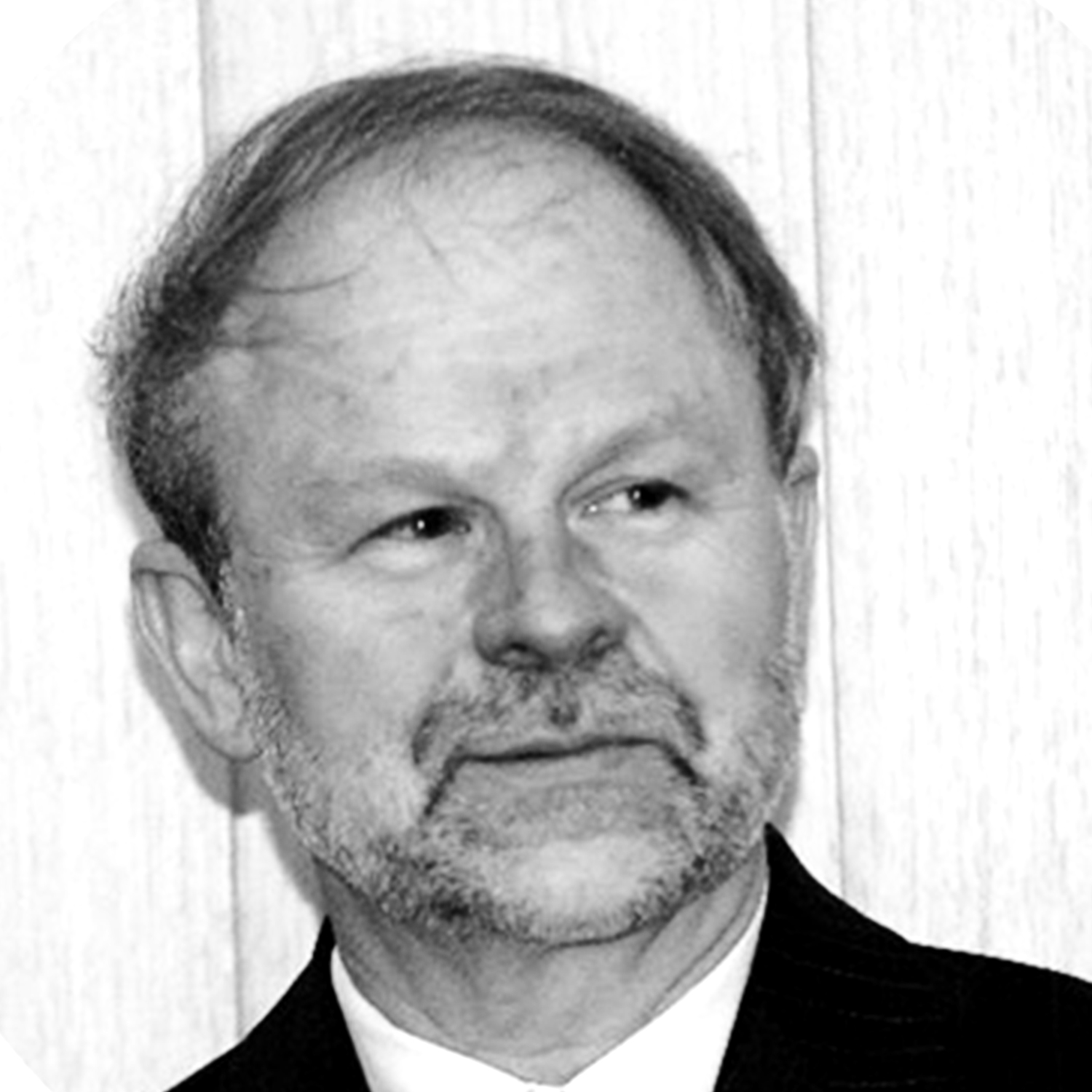9TH – 11TH DECEMBER 2019
SEMINAR HALL – IIT DELHI, INDIA
THE WORLD DIGITAL LIBRARY: LESSONS LEARNED AND (MOST LIKELY) NOT LEARNED

JOHN VAN OUDENAREN
Global Fellow,
Kennan Institute for Advanced
Russian Studies at the
Woodrow Wilson International
Center for Scholars,
Washington, DC
9th Dec
5:00PM-5:40PM
John Van Oudenaren is a Global Fellow at the Kennan Institute for Advanced Russian Studies at the Woodrow Wilson International Center for Scholars, Washington, DC. He directed the World Digital Library project at the Library of Congress from 2005 to 2018. Previously he was chief of the European Division at the Library of Congress and a researcher at the RAND Corporation in Santa Monica, California. Dr. Van Oudenaren holds a Ph.D. in Political Science from Massachusetts Institute of Technology, and an A.B. in Germanic Languages and Literatures from Princeton University. He is the author of numerous books and articles on European affairs, international politics, and
digital libraries.
ABSTRACT
In October 2007, when the Library of Congress (LC) and its partner institutions from Brazil, Egypt, and the Russian Federation met at UNESCO headquarters in Paris to launch the prototype of what would become the World Digital Library, the Library’s home town paper, the Washington Post, ran an enthusiastic story about the event under the title “Checking Out Tomorrow’s Library: In Paris, an International Working Group Shows Off the Prototype for a Multilingual ‘Intellectual Cathedral’ of Digitized Knowledge.” The Post’s correspondent, John Ward Anderson, began with a bang: “As ideas go, they don’t come much bigger: Digitize the accumulated wisdom of humankind, catalogue it, and offer it for free on the Internet in seven languages.” Anderson quoted the then-Librarian of Congress, the late James H. Billington,
originator of the WDL, to the effect that the project would “promote all kinds of cross-cultural perspectives and understanding.”
Anderson also drew on an interview he had conducted with Silicon Valley technology forecaster Paul Saffo. It was Saffo who used the term “intellectual cathedral” that appeared in the subtitle of the story: “In essence, what they are doing is building an intellectual cathedral, and it may never get finished. But this is a good effort even if it fails, because it is going to inspire a lot of other efforts, and if it succeeds it will be a wonderful resource…. The challenges here aren’t technological [or financial]…. For me, the issue is the will to make it happen. The people involved in this—will they really see this through?”
More than twelve years have passed since Saffo made these comments, and they are worth revisiting for the light they shed on the current state of digital libraries and specifically for what they say about the “Human Aspect in Digital Library Service Design,” the topic the conference organizers have asked this author to address. For starters, it is clear that WDL has failed, a possibility that Saffo admitted but that did not greatly trouble him at the time. The dimensions of and the reasons for this failure can be discussed (and will be touched on briefly in the treatment below), but the facts are clear: The WDL program office at the Library of Congress was shut down in January 2018.
The WDL website – http://www.wdl.org – is still online, operating under cloud hosting and CDN contracts concluded before the program office was shuttered, but how long this state of affairs will continue is unclear. The site could go dark at some point. In twelve years at the Library of Congress, the WDL chalked up numerous partial successes, but the overall effort has failed. More interesting than the fate of this one project, however, and of greater relevance for this conference, is Saffo’s second point, namely that, even if the effort launched in 2007 failed, it would, as Saffo predicted with great confidence, “inspire a lot of other efforts”. Has this in fact happened? Are there other intellectual cathedrals out there, or is the digital library community as a whole creating such a cathedral? The answer to this question unfortunately must be no, and the key question is why.


